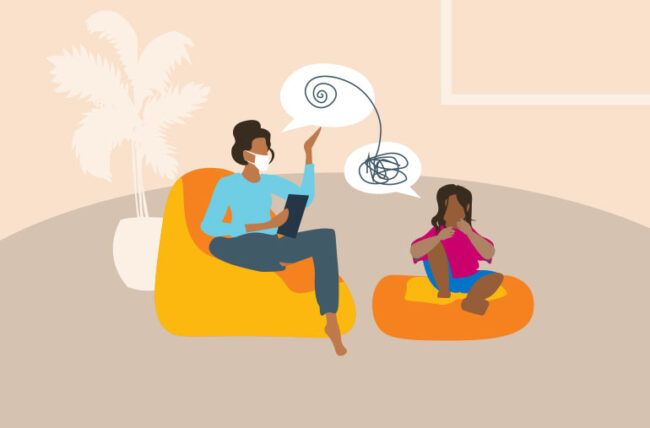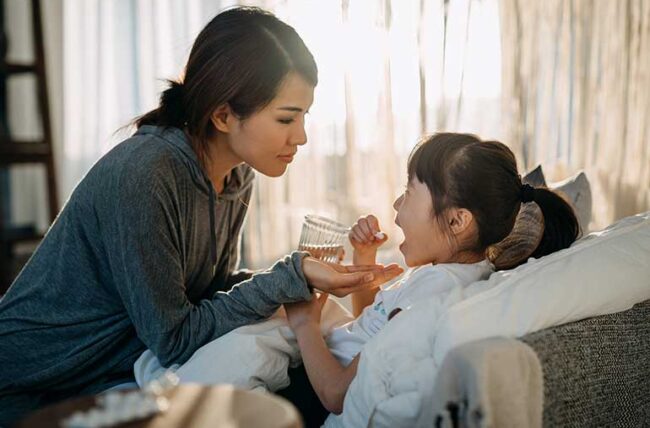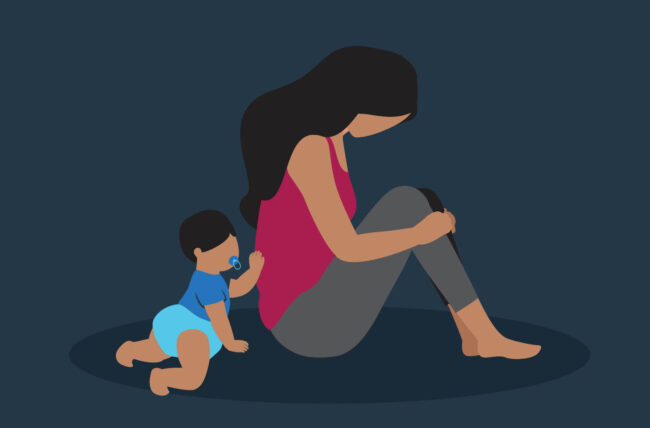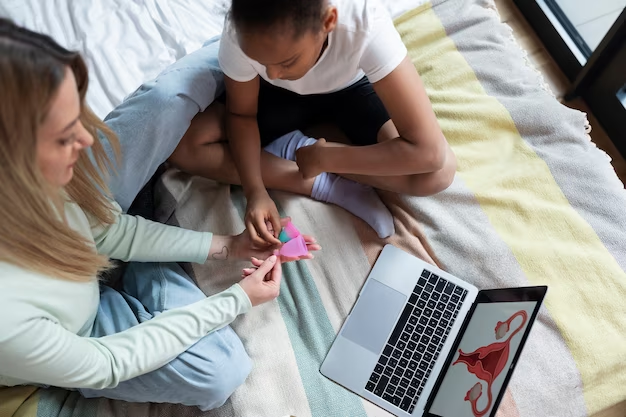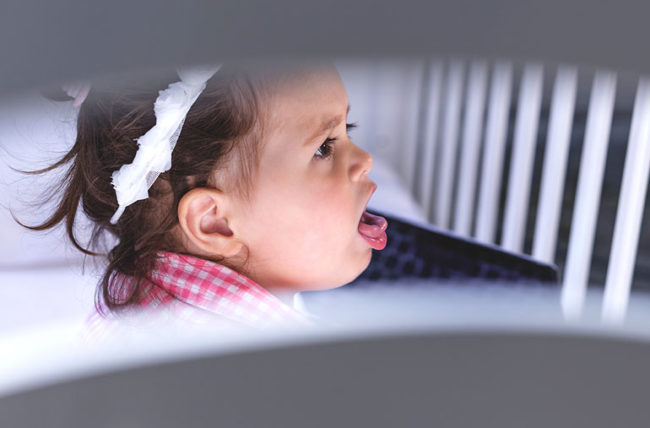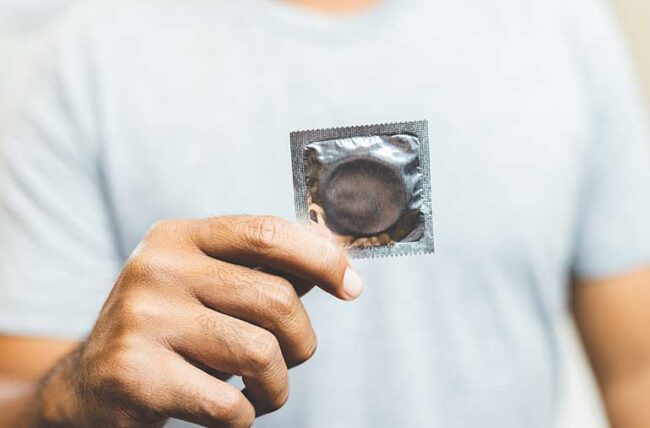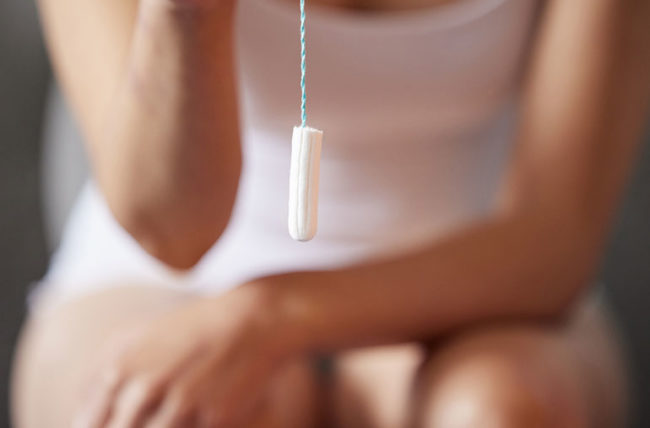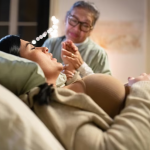You are aware that babyproofing can be important. Keep the crib empty – no pillows, blankets, or bumpers. When your inlaws offered to give you their old, drop-down crib, you said “Thanks But No Thanks.” Your baby is sleeping in a Sleep Sack. You’ve got the safe sleep thing down.
Even with the best of intentions, accidents can still happen. Babies can get hurt.
Consider these scenarios. You place your baby on your bed. Turn your back for just ONE SECONDS. Your baby hit his head after falling off the bed. You may have put your baby on the changing table and reached to grab a diaper. But, they fell off.
It happens.
Pediatrician Laura O’Connor MD says that it’s common for babies to fall off high surfaces like beds, couches, and changing tables. Even babies who are not able to roll over on their own can do so spontaneously and reflexively when they least expect it.
Your first reaction in a moment of intense panic may be to grab your child and run them to an emergency room.
First, however. Take a deep breath. You may be surprised to learn that babies are much more resilient than you thought. They just need some time and observation.
Some babies require emergency medical care after falling. Others are fine. You want to make sure that your baby receives the necessary medical care, but also do not want to stress them out (or yourself!) You don’t want to put your baby (or yourself!) through any unnecessary stress by visiting the ER.
Dr. O’Connor explains what to look out for when your baby hits his head after falling. This will help you decide what action to take next.
When a baby falls to the floor, what should you look out for?
Baby and elevated surfaces are a bad mix. Baby’s fall from beds, changing table and couches much more than you think.
According to the U.S. Centers for Disease Control and Prevention, falls are the leading cause of nonfatal injury in children .
Even very young babies can fall. There is no better time than while perched high on a bed to achieve that milestone of “rolling-over”.
Most babies don’t suffer serious injuries after falling from a bed. However, it does happen.
“The good thing is that the skulls of babies are extremely resilient,” says Dr. O’Connor. They have a soft spot (open fontanel) that allows them to move around. Although it’s rare for a baby to suffer a serious injury after falling from a bed, you should not ignore any signs that something is wrong.
When your baby can’t speak, it can be difficult to determine if they are in pain or have been injured. There are some key signs that you should look out for. Some of these are emergency situations that require immediate attention. Some symptoms are urgent enough to call the doctor, but others can wait. Sometimes, it’s best to just keep your eyes open and move forward with life.
Dr. O’Connor clarifies the difference.
Emergency situations
Check for signs of trauma before picking up your child after a fall. These signs, according to Dr. O’Connor, warrant an urgent call to 911.
- The loss of consciousness.
- Vomiting.
- Blood or discharge coming from their ears, nose or eyes.
- Uncontrolled bleeding
- Soft spot swelling
- If you notice any swelling or bruising on the head or a visible skull fracture, then this is a sign of a serious injury.
- Broken bones can be identified by their signs.
- Seizures.
- Baby is not happy.
You should avoid comforting and repositioning your baby if they are showing signs of major injury.
Dr. O’Connor says that head traumas can also cause neck or spinal injuries. You don’t want them to worsen their injury by moving.
If your child is experiencing a seizure following a fall or accident, gently roll your baby to the side before dialing 911 or your local emergency number.
Normal is for a baby to be alert and cry after a fall. Even if the baby is not hurt, falling can be frightening. You can gently pick up the child and comfort them if you do not see any signs that they have been injured.
“If you can’t make them feel better with just a few minutes’ comfort, I’d suggest that they seek medical attention immediately,” says Dr. O’Connor.
Watch the next 24 Hours.
Even if the symptoms of a serious injury are not immediately apparent, you should keep a close eye on your child’s behavior for at least one day. You’re looking out for anything unusual for your child. This could include:
- Eye movements that are abnormal
- Sleepiness or increased fussiness.
- Swelling.
If you suspect that your child has suffered a concussion you’ve likely heard to keep them awake. It’s not essential. Overtired babies will act sleepy, fussy, and irritable. Dr. O’Connor says that keeping your baby up for too long can make them seem like they’re sick when in fact, they’re just tired.
You can gently wake them up after a few sleep hours, to see if they are awakenable. You should call your doctor if your baby doesn’t respond to you or seems lethargic, fussy, or overly sleepy when you wake them.
Dr. O’Connor advises that, in general, any unusual behavior should be investigated by a healthcare provider to ensure safety. Trust your instincts if you suspect your baby may be injured. You are the best person to know what is normal for your baby.
Dr. O’Connor assures parents that it is never a bad idea to get their child evaluated by a physician to be on the safe side, particularly at a young stage. Even if everything turns out fine, parents will still have peace of mind.
What to do if your baby falls?
It’s impossible to talk about falls and not mention how you can prevent them. I’m not trying to be a nag here. Accidents do happen and we know that you are doing your best.
Dr. O’Connor wants to make sure we’re all on the same page. Babies should never be left unattended on beds for adults or other elevated surfaces, even if they’re not rolling.
This advice is also recommended by the CDC to protect your child from falling.
- Avoid placing furniture near windows, such as cribs and other items of furniture.
- Be sure to always supervise your child when they are in their high chair, swing, stroller, or infant carrier.
- Use car seats or bounce seats instead of chairs or furniture that is elevated, such as a table.
- Instead of using a walker, which can fall or tip over on stairs, use a stationary activity centre.
- Do not leave your child unattended in the safety belt provided on the card.
- Do not let your children play on decks, balconies, stairs, or porches that are high.
- Use wall straps or anchors to secure TVs and other furniture to the wall.
Accidents do happen. Accidents happen, even with the best parental care. Do not be too harsh on yourself. If you are worried about your child’s injury, keep an eye on them after a fall.



